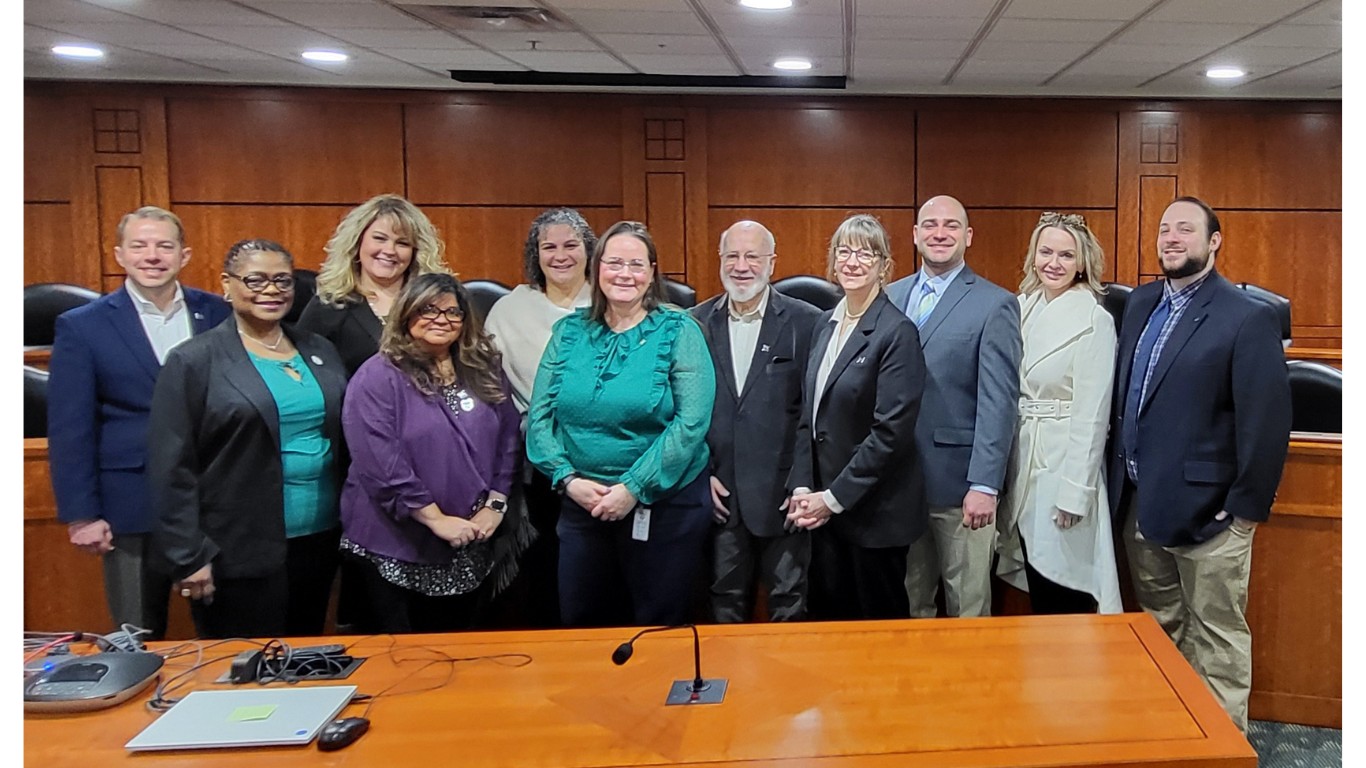Michigan HB 5114 Mental Health Code Hearing
Updates Following the January 25 Hearing
Last week, the House Behavioral Health Subcommittee met to consider House Bill 5114 to add PAs to Michigan’s Mental Health Code. Supporting testimony was provided by Michigan leaders in behavioral health and psychiatric medicine.
HERE is a recording of the testimony which starts at Minute 8.
Family Medicine PA and WSU Faculty Bindiya H. Nandwana MPH, PA-C began the testimony.
“Wayne State PA class of 2023, the average Undergraduate GPA was 3.73, with a prerequisite GPA of 3.89 in their respective science courses. According to US News and World Report, this is slightly higher than the average GPA of successful applicants to allopathic medical schools in 2018-2019”,
…said Bindiya highlighting the exceptional acceptance standards required for PA students today. She shared that her PA students average 3,000+ hours of direct patient care experience prior to PA Medicine School. And that all PA Medicine students are required to undergo didactic and clinical training in psychiatric medicine.
The two purposes of the bill were outlined in testimony from MAPA’s Executive Director Thadd Gormas which include: (1) Defining PAs as Mental Health Professionals and (2) allowing for PAs to issue an emergency Psychiatrist consult for a patient experiencing a violent psychiatric emergency. Thadd’s testimony is available HERE.
Psychiatric PA Alison Badger, PA-C was joined by her colleague for the last decade at UofM Medicine, Psychiatrist Dr. Laura Hirshbein. Alison’s impactful testimony underscored recent data,
“According to the Michigan Department of Health and Human Services (MDHHS) a Michigander dies every 6 hours from suicide. That means we lose over 1400 members of our community annually. These deaths are preventable.”
Beyond citing data, Alison provided two real stories of patient harm which these updates in the law would have prevented – “When it’s a large group of people, we call it a statistic. When it’s one person, we call it a tragedy.”
The Behavioral Health Subcommittee is planning to vote on the bill in their next hearing in February. Please stay tuned for updates.
Your support is needed to ensure HB 5114 is supported by the House Behavioral Health Subcommittee Members, the House Health Policy Committee and the entire House of Representatives before the bill goes to the Senate and eventually to the Governor’s desk before becoming Michigan Law.

